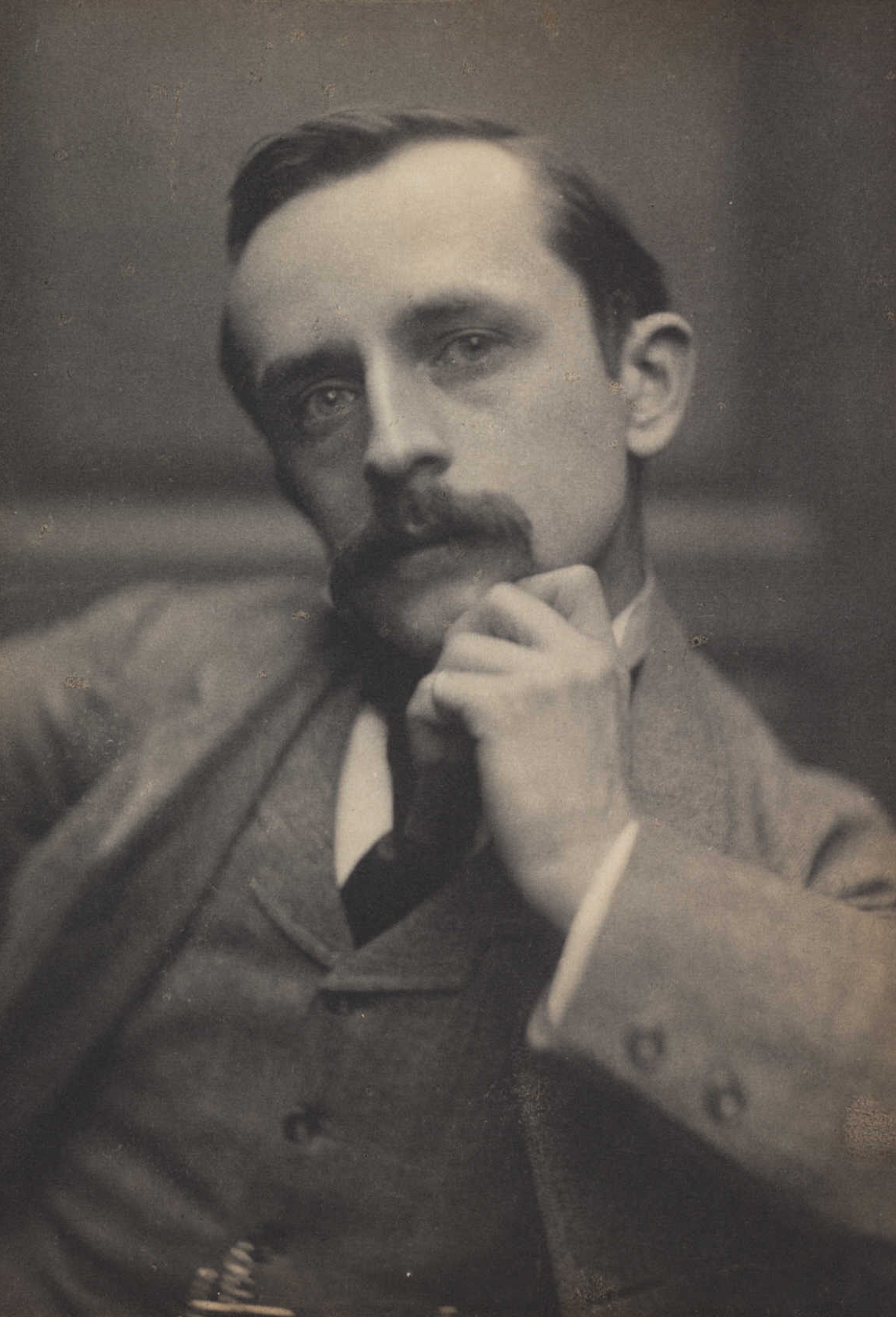Michael Roper, 5th July 2016
The Age Exchange film of Meeting in No Man’s Land will premiere this Friday at the British Film Institute, to coincide with the commemoration of the centenary of the battle of the Somme. It has taken Ivan Riches, the film-maker, and David Savill, the director, two and a half months to distil around 60 hours of interviews with German and British descendants, 25 hours of paired interviews (one British, one German), live footage from the three days of events held in rural Bavaria and Munich in early April this year, and digitised family artefacts ranging from swords and cap badges to cigar boxes and postcards, into ninety minutes of film.
I met with Age Exchange’s Creative Director David Savill yesterday to discuss the process of making the film, and together we viewed a pre-production version. I was expecting a documentary that compared the family legacies of the war in each country. The film is certainly that. However, it is just as significant as a record of our meeting in April this year (details can be found in our earlier blogs and at http://www.age-exchange.org.uk/what-we-do/arts-projects/current-projects/meeting-in-no-mans-land-2016/). It follows participants as they come together as a group during the three days. As David explains, Age Exchange had three aims in making the film: to document the heritage of the war among British and German families; to explore how the lives of descendants have been shaped by that heritage; and to record the Meeting itself, and how the process of sharing family stories changed perceptions of the war and of their own pasts. Post-Brexit, the event feels all the more poignant: a lesson in what we gain by traveling across borders, learning more about other histories of the war, using reminiscence to build relationships, learning about the different aftermaths in Germany and Britain, and discovering what unites people in their war legacies.
The film made me think anew about the war’s legacies. For these descendants, it was in the background of everyday life: a grandfather who would not spoke of the war found respite in his favourite armchair and classical music, the love of which he passed onto his grand-daughter; a returned soldier liked to protest at his neighbour’s smoky incinerator by running about the backyard shouting ‘gas attack, gas attack.’ The film shows the close relation between pain and creativity in the descendants’ lives. A German participant brought along the most beautiful pictures and postcards, fashioned by her father from bark, flower petals and moss. She showed them to a British descendant who brought along his grandfather’s engraved shell cases. On the first afternoon, the participants were invited to create a painting of the war’s legacies in their family. This gave us glimpses of things hitherto unsaid. A German descendant whose father had been an artist, painted the place in the Austrian alps where as a young girl he would take them for holidays, and which he himself liked to paint. Another theme which the film brings out is the relationship between public and private histories of the war. Many – particularly on the German side – had only recently discovered what their parents or grandparents did in the war. Some discovered more during the course of our meeting: one interviewee talked about his politically progressive paternal grandfather on day one, and his disabled maternal grandfather on day two. The meeting added impetus to historical research, as the participants sought to place their family’s story within broader narratives of the war. In the process, some were brought to question assumptions, for example, tempering their resentment towards a cold or politically conservative father or grandfather. Finally, the present was quite visible throughout. The two groups, Germans and Britons, had to work hard to overcome language and cultural gaps, but were united in their commitment to seeing the war anew. The film begins and ends with a voice-over from Professor Jurgen Muller-Hohagen, who observes how the participants all carry stories of the war within themselves, and how the coming together and sharing of those stories has changed them.
Details of the premiere screening of Meeting in No Man’s Land can be found at: https://whatson.bfi.org.uk/Online/default.asp?BOparam::WScontent::loadArticle::permalink=meetinginnomansland2016discussion&BOparam::WScontent::loadArticle::context_id=



